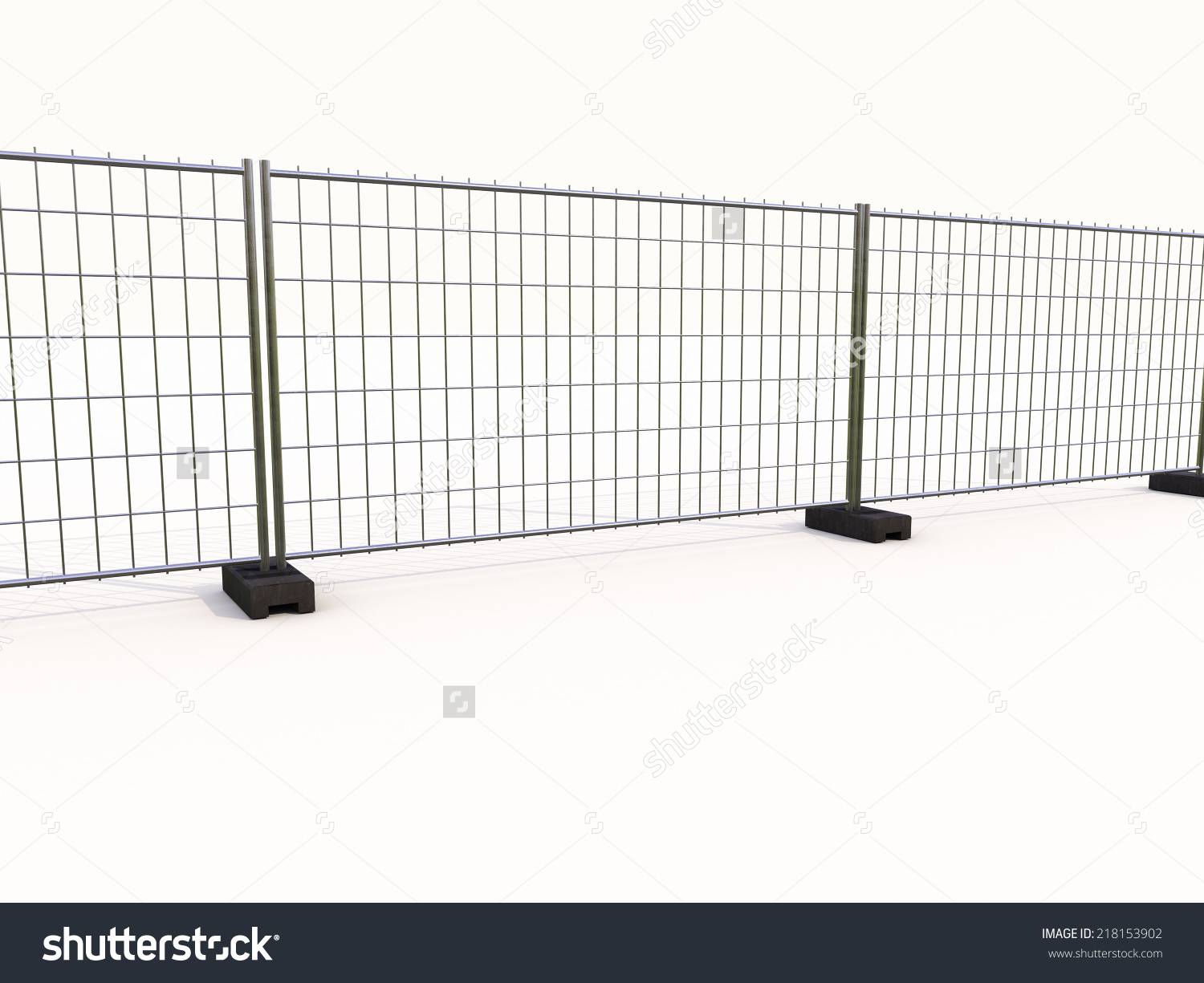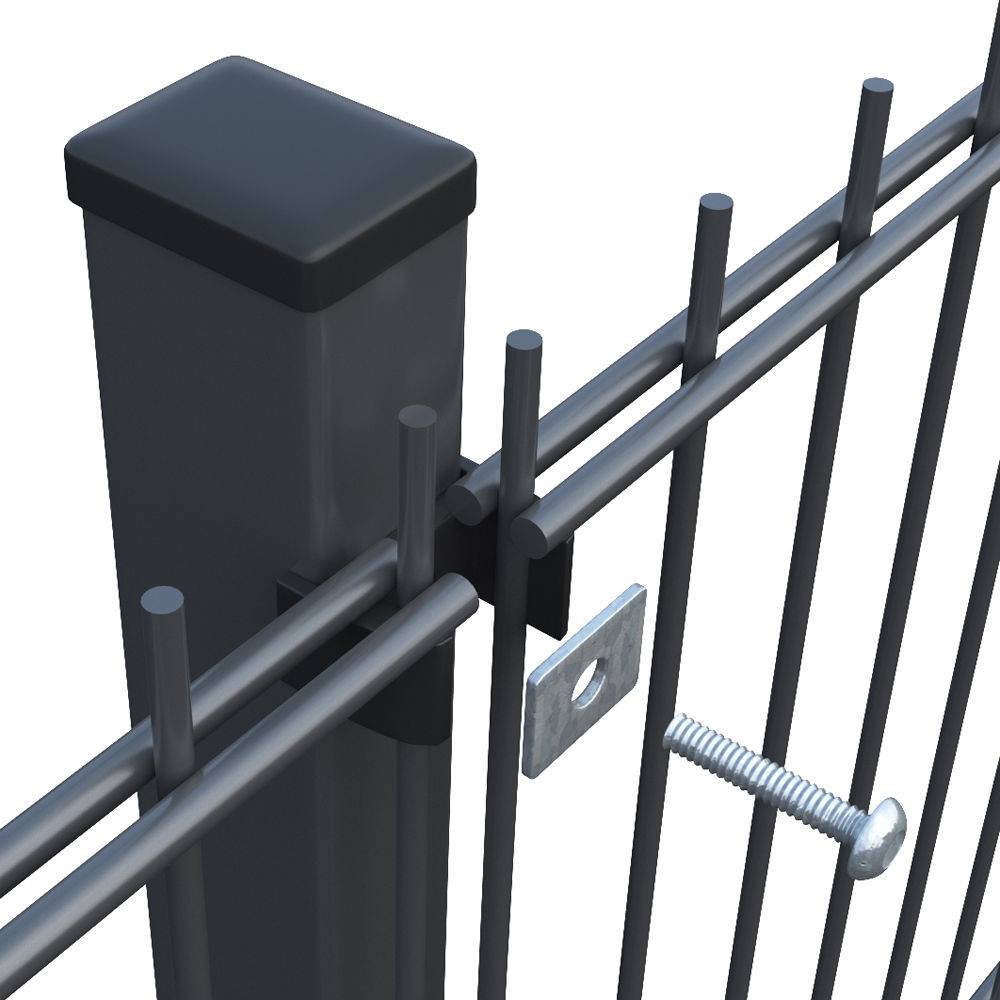

- Afrikaans
- Albanian
- Amharic
- Arabic
- Armenian
- Azerbaijani
- Basque
- Belarusian
- Bengali
- Bosnian
- Bulgarian
- Catalan
- Cebuano
- China
- China (Taiwan)
- Corsican
- Croatian
- Czech
- Danish
- Dutch
- English
- Esperanto
- Estonian
- Finnish
- French
- Frisian
- Galician
- Georgian
- German
- Greek
- Gujarati
- Haitian Creole
- hausa
- hawaiian
- Hebrew
- Hindi
- Miao
- Hungarian
- Icelandic
- igbo
- Indonesian
- irish
- Italian
- Japanese
- Javanese
- Kannada
- kazakh
- Khmer
- Rwandese
- Korean
- Kurdish
- Kyrgyz
- Lao
- Latin
- Latvian
- Lithuanian
- Luxembourgish
- Macedonian
- Malgashi
- Malay
- Malayalam
- Maltese
- Maori
- Marathi
- Mongolian
- Myanmar
- Nepali
- Norwegian
- Norwegian
- Occitan
- Pashto
- Persian
- Polish
- Portuguese
- Punjabi
- Romanian
- Russian
- Samoan
- Scottish Gaelic
- Serbian
- Sesotho
- Shona
- Sindhi
- Sinhala
- Slovak
- Slovenian
- Somali
- Spanish
- Sundanese
- Swahili
- Swedish
- Tagalog
- Tajik
- Tamil
- Tatar
- Telugu
- Thai
- Turkish
- Turkmen
- Ukrainian
- Urdu
- Uighur
- Uzbek
- Vietnamese
- Welsh
- Bantu
- Yiddish
- Yoruba

Road Noise Sound Barrier Solutions Durable & High-Performance Noise Control
Did you know 78% of homeowners near highways report sleep disruption from traffic noise? With urban noise levels rising 7% annually, road noise barriers aren't luxury items - they're necessities. Discover how modern sound barrier technology can slash noise pollution by up to 42 dB while increasing your outdoor living space's usability.
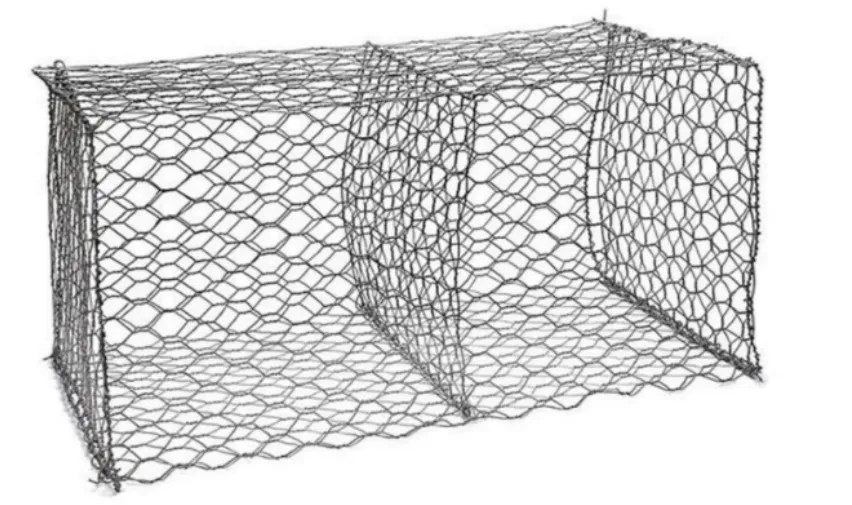
(road noise sound barrier)
Technical Superiority: Why Our Road Noise Barriers Outperform
Our triple-layer composite panels achieve 92% noise reduction at 1/3 the weight of concrete walls. How? The secret lies in the 50mm air gap between recycled polymer outer layers and mineral wool core. Unlike flimsy acrylic barriers that yellow in sunlight, our UV-resistant materials maintain 98% effectiveness for 15+ years.
| Feature | Standard Barriers | Our Solution |
|---|---|---|
| Noise Reduction (dB) | 28-32 | 38-42 |
| Installation Time | 5-7 days | 1-2 days |
Custom Solutions: Your Blueprint to Quiet Living
Choose from 12 standard heights (4ft-16ft) or go custom. Our modular system adapts to curved roads and sloping terrain without costly foundations. Need aesthetic integration? Select from 8 powder-coat finishes or woodgrain textures that complement your architecture.
Proven Results: 1,200+ Successful Installations
See how we transformed a Phoenix suburb: After installing 1.4 miles of our road noise barriers, residents reported 62% fewer noise complaints and 19% property value increases. The 6-inch-thick panels reduced highway noise from 78 dB to 36 dB - quieter than a library!
Ready for Peace? Act Before Traffic Season Peaks!
Limited spring installation slots remain. Book your free noise assessment today and get 15% off with our "Quiet Spring" promotion. Our team will handle permits, engineering, and installation - you simply enjoy your transformed outdoor sanctuary.
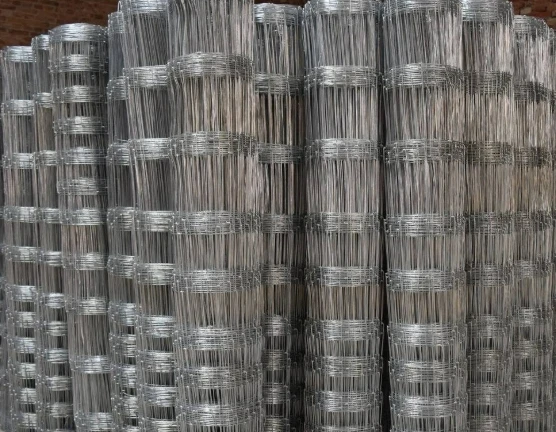
(road noise sound barrier)
FAQS on road noise sound barrier
Q: What materials are commonly used in road noise sound barriers?
A: Road noise barriers are often made from concrete, wood, metal, or composite materials. These materials are chosen for their durability and sound-absorbing properties. Some newer designs also incorporate eco-friendly or recycled materials.
Q: How effective are sound barriers for road noise reduction?
A: Properly installed road noise barriers can reduce noise levels by 5–15 decibels. Effectiveness depends on height, material density, and proximity to the noise source. They work best when blocking direct line-of-sight between roads and nearby buildings.
Q: What factors influence the cost of a road noise barrier installation?
A: Costs depend on barrier height, material type, and installation complexity. Longer barriers or those requiring structural supports increase expenses. Maintenance needs and local regulations may also affect overall pricing.
Q: Can vegetation serve as a natural road noise barrier?
A: Dense vegetation can provide limited noise reduction of 2–5 decibels. It’s less effective than engineered road noise barriers but offers environmental benefits. Combining plants with solid barriers often yields better results.
Q: How tall should a road noise sound barrier be for maximum effectiveness?
A: Barriers typically need to be 2–3 times taller than the elevation difference between road and protected area. Most highway barriers range from 6–25 feet in height. Acoustic modeling helps determine optimal dimensions for specific locations.
Q: What maintenance is required for road noise barriers?
A: Routine inspections for cracks, corrosion, or vegetation overgrowth are essential. Cleaning surfaces and repairing damage ensures continued effectiveness. Maintenance frequency depends on material type and environmental conditions.
Q: Are transparent road noise barriers as effective as opaque ones?
A: Transparent acrylic or polycarbonate barriers offer similar noise reduction to opaque versions. They’re preferred where visibility matters but may require more frequent cleaning. Sound-blocking performance depends on thickness and installation quality.
Recommended Products
Latest News About CHENG CHUANG
-
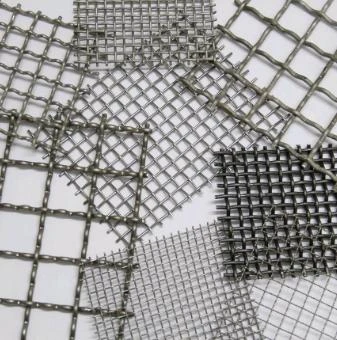 Wire mesh is durableWire mesh represents a cornerstone of modern industrial and agricultural solutions, offering unmatched versatility across countless applications.Read more >
Wire mesh is durableWire mesh represents a cornerstone of modern industrial and agricultural solutions, offering unmatched versatility across countless applications.Read more >Jul 11 2025
-
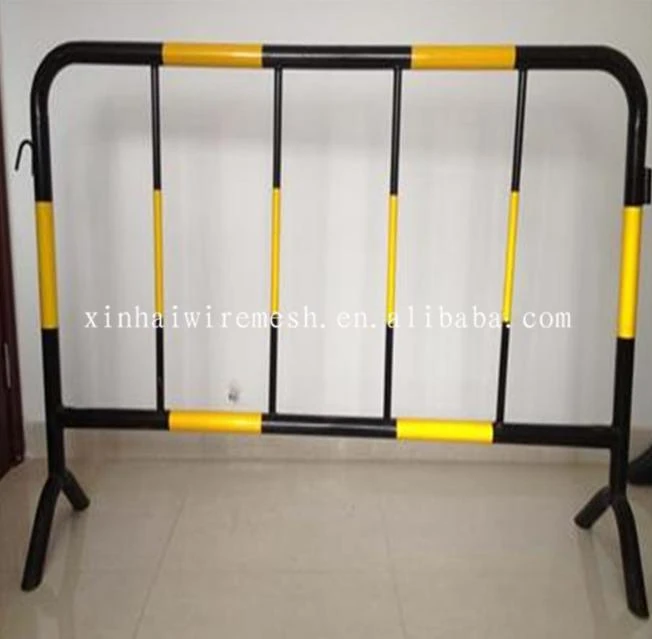 Safety barrier directs traffic flowIn high-risk environments, safety barrier systems stand as non-negotiable guardians against catastrophic incidents.Read more >
Safety barrier directs traffic flowIn high-risk environments, safety barrier systems stand as non-negotiable guardians against catastrophic incidents.Read more >Jul 11 2025
-
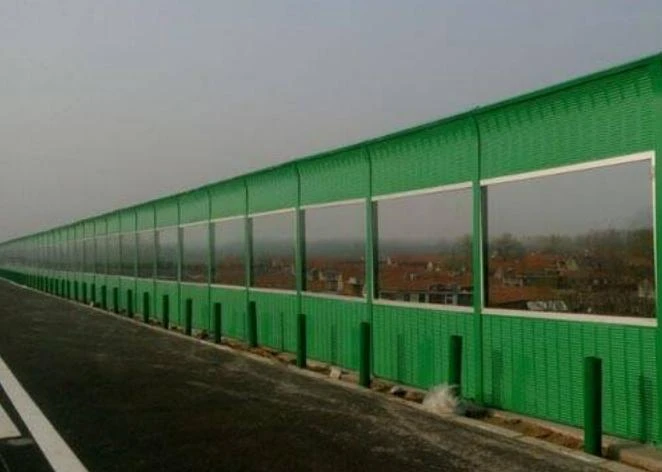 Modular Noise Barrier Eases InstallationUrbanization intensifies noise pollution, making noise barrier systems essential for preserving human health and tranquility.Read more >
Modular Noise Barrier Eases InstallationUrbanization intensifies noise pollution, making noise barrier systems essential for preserving human health and tranquility.Read more >Jul 11 2025
-
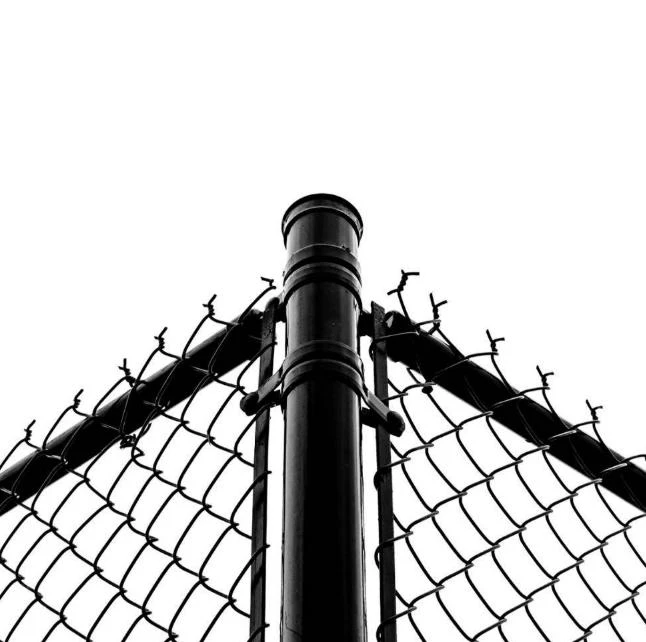 Metal fence types enhance securityMetal fence types form the backbone of modern perimeter security solutions worldwide.Read more >
Metal fence types enhance securityMetal fence types form the backbone of modern perimeter security solutions worldwide.Read more >Jul 11 2025
-
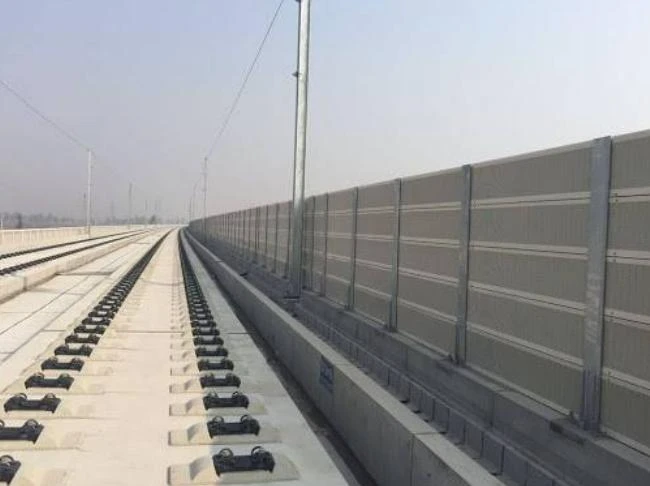 Crowd Control Barrier Manages Foot TrafficThe management of public gatherings demands precision, safety, and reliability, making crowd control barrier systems indispensable tools for organizers worldwide.Read more >
Crowd Control Barrier Manages Foot TrafficThe management of public gatherings demands precision, safety, and reliability, making crowd control barrier systems indispensable tools for organizers worldwide.Read more >Jul 11 2025
